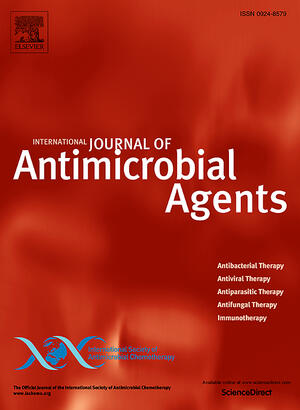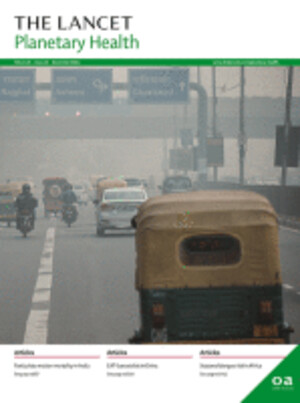
Geographic and socioeconomic influence on knowledge and practices related to antimicrobial resistance among smallholder pig farmers in Uganda
Abstract
To mitigate the development of antimicrobial resistance (AMR), antibiotic use (ABU) in the livestock sector needs to be reduced. In low- and middle-income countries, regulations have shown to be less successful in reducing ABU. Here, a bottom-up approach can complement legal frameworks, which requires an understanding of the drivers for ABU. In this study, we investigated the influence of geographic and socioeconomic settings on determinants for ABU among pig farmers in Uganda. The data were collected through a questionnaire in two districts, Lira and Mukono, and comparative statistical analyses were performed. Farmers in Lira had less access to animal health services, applied disease prevention measures less and used antibiotics more. In Mukono, it was more common to consult a veterinarian in response to disease, while in Lira it was more common to consult an animal health worker. There was no difference in how many farmers followed treatment instructions from a veterinarian, but it was more common in Lira to follow instructions from pharmacies. The findings support the need for locally tailored AMR-reducing interventions to complement regulations. To accomplish this tailoring, systematic collection of knowledge of farm structures, farm practices and access to animal health services and veterinary drugs is necessary.
Citation
Nohrborg, S., Dione, M.M., Winfred, A.C., Okello, L., Wieland, B. and Magnusson, U. 2022. Geographic and socioeconomic influence on knowledge and practices related to antimicrobial resistance among smallholder pig farmers in Uganda. Antibiotics 11(2): 251.










